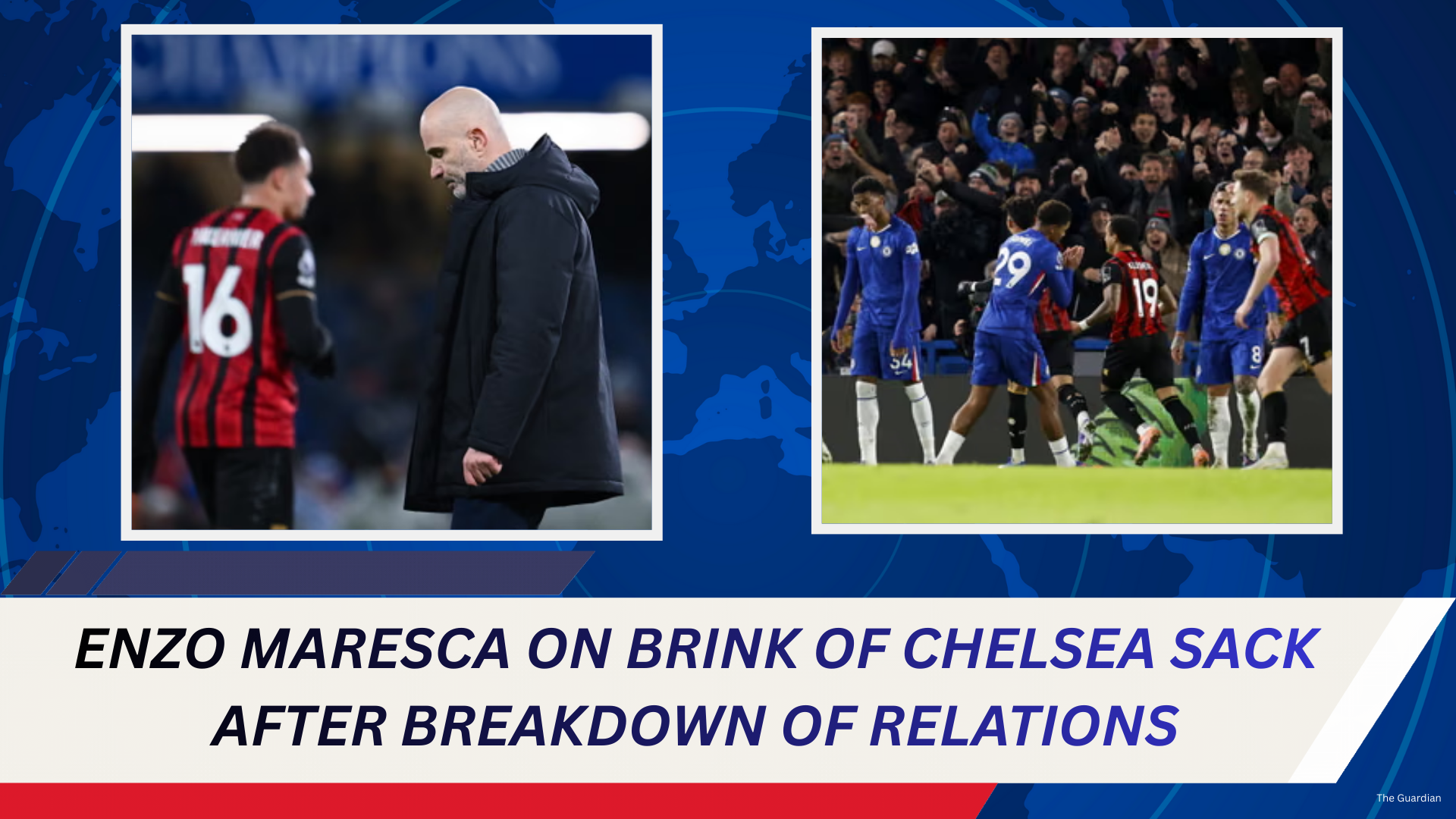The New York Jets are facing a crisis at the most critical position in football: quarterback. Week after week, the team’s signal-callers have struggled, leaving fans frustrated and the team teetering on the edge of irrelevance. With a combination of injuries, benchings, and inconsistent play, the Jets find themselves trapped in what can only be described as quarterback hell.
Sunday’s matchup against the Panthers was another chapter in this ongoing nightmare. Starting quarterback Bryce Young, sidelined by injury, left the Jets relying on backup Jayden Daniels, who in turn suffered a hamstring issue. The ripple effect forced the Jets to turn to less experienced and unproven quarterbacks, including Quinn Ewers, Andy Dalton, and even Tyrod Taylor for short stints. Each option brought new uncertainty, and none could deliver the stability the team desperately needs.
Even before injuries struck, the Jets’ quarterback situation was shaky. Geno Smith, once a reliable veteran, was benched in favor of younger talent, only to see that move backfire as his replacements failed to produce. Tua Tagovailoa, Justin Fields, and other league quarterbacks faced similar turbulence this week, but for the Jets, it has become a systemic problem rather than a temporary setback.
Sunday’s game highlighted the extent of the team’s dysfunction. Daniels completed just 54.5% of his passes and managed to score on only two of eight drives. In relief, Dalton completed 4-of-7 passes, including a single 33-yard connection that briefly sparked hope. But even those flashes couldn’t offset the ongoing chaos. Pickett fumbled his first snap of the game after relieving Smith, while Tyrod Taylor’s second-half drives included an interception and multiple punts.
Meanwhile, other challenges compounded the quarterback woes. The offensive line struggled to provide consistent protection, leaving young quarterbacks exposed to relentless pressure. Receivers were often misaligned with their quarterbacks’ timing, resulting in drops and failed connections. In short, the Jets’ offensive cohesion crumbled under the weight of instability at quarterback.
The mental toll on the team is equally significant. Quarterbacks play best when they can develop rhythm and trust with their offensive unit. With constant rotation, the Jets’ quarterbacks have no chance to build chemistry, leading to hesitation, misreads, and costly mistakes. This cycle of uncertainty also affects the broader offense, including the running game and short-yardage schemes, which rely on a confident quarterback to keep defenses honest.
Jets head coach Aaron Glenn admitted postgame that the offense “needed a spark,” but the team lacks a clear plan for who that spark should come from. The lack of a definitive starter leaves the coaching staff juggling options while the players struggle to adapt on the fly. Without a long-term answer, each game risks repeating the same frustrating narrative: missed opportunities, turnovers, and the inability to close out drives.
The broader picture is equally grim. Quarterback hell is more than just poor play—it’s a structural problem that erodes confidence, chemistry, and morale. The Jets’ rotation of injured, unprepared, and struggling quarterbacks has become emblematic of a deeper issue: the team has failed to secure stability at the most important position in football. And as other NFL teams continue to refine their rosters and offensive schemes, the Jets risk falling further behind in a highly competitive league.
Even for teams with promising talent at other positions, quarterback instability is uniquely damaging. Every offensive drive depends on trust in the quarterback’s decision-making, timing, and accuracy. Without that, the running game loses its effectiveness, receivers fail to find separation, and the defense is left with little margin for error. The Jets are trapped in a vicious cycle where instability breeds mistakes, and mistakes reinforce instability.
Looking ahead, the Jets have some opportunities to recalibrate. The upcoming schedule includes matchups against weaker defenses and the potential to give a single quarterback extended reps to build rhythm. However, these solutions are temporary at best if the franchise doesn’t commit to a long-term plan. Without clarity, each week risks further deterioration in confidence and performance, leaving the Jets stuck in a quarterback carousel that fans dread.
In short, the Jets are experiencing the worst kind of quarterback hell: not just poor performance from a single starter, but instability across the entire position group. Until the team finds a reliable, healthy quarterback and commits to building around him, this season is likely to continue as a frustrating slog of missed opportunities and unfulfilled potential.
%20(4).png)



.png)
.png)

.png)
.png)
